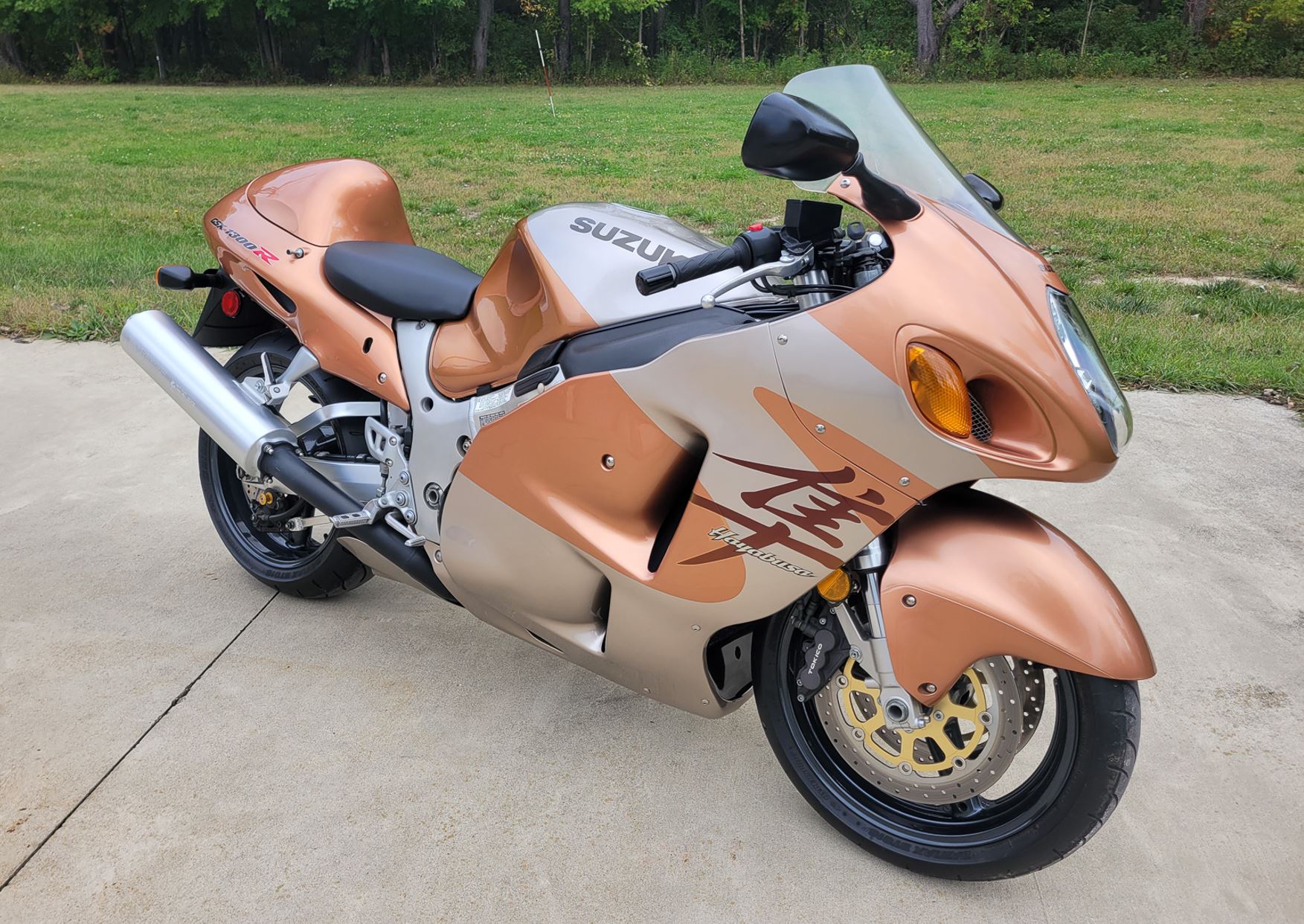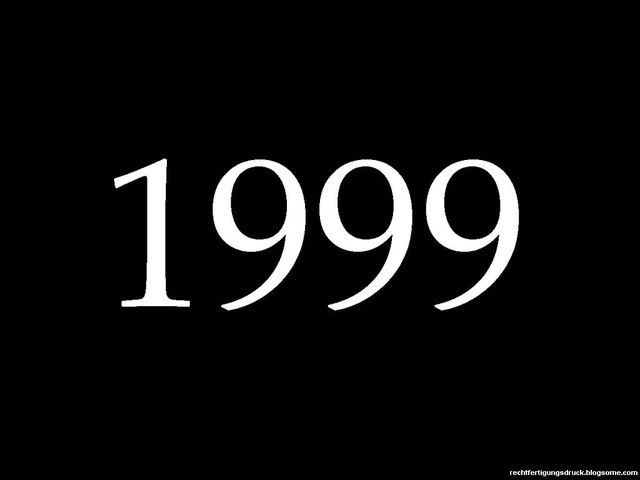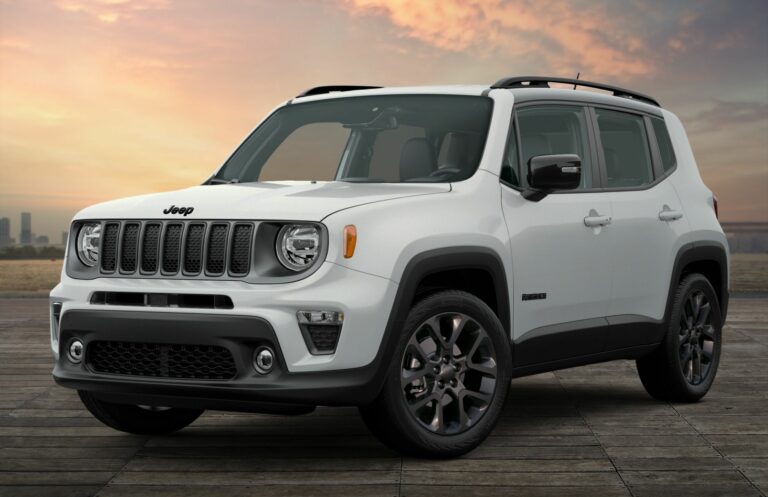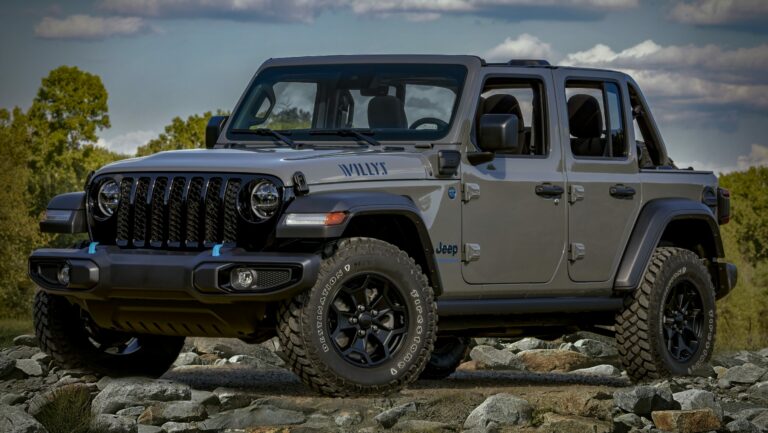1999 Jeep Cherokee Engine For Sale: A Comprehensive Guide to Revitalizing Your XJ Legend
1999 Jeep Cherokee Engine For Sale: A Comprehensive Guide to Revitalizing Your XJ Legend jeeps.truckstrend.com
The 1999 Jeep Cherokee (XJ generation) holds a revered place in automotive history. Known for its rugged durability, off-road prowess, and surprisingly capable on-road manners, the XJ remains a popular choice for enthusiasts, off-roaders, and daily drivers alike. Its heart, the iconic 4.0L AMC inline-six engine, is a testament to simple, robust engineering. However, even legends eventually show their age. If you’re a proud owner of a 1999 Jeep Cherokee facing engine issues – perhaps due to high mileage, an unexpected failure, or simply the desire for a fresh start – then navigating the market for a 1999 Jeep Cherokee engine for sale is your next crucial step.
This comprehensive guide will walk you through everything you need to know about finding, purchasing, and installing the right engine to breathe new life into your beloved XJ. From understanding your options to practical advice and common pitfalls, we’ll ensure you’re well-equipped to make an informed decision.
1999 Jeep Cherokee Engine For Sale: A Comprehensive Guide to Revitalizing Your XJ Legend
The Enduring Heart: Understanding the 1999 Jeep Cherokee Engine
The vast majority of 1999 Jeep Cherokees came equipped with the legendary 4.0-liter (242 cubic inch) AMC PowerTech I6 engine. This engine is renowned for its straightforward design, incredible torque delivery at low RPMs, and astonishing longevity when properly maintained. With approximately 190 horsepower and 225 lb-ft of torque, it provided ample power for both highway cruising and conquering challenging trails. While a less common 2.5L 4-cylinder engine was also available, the 4.0L I6 is by far the most sought-after and representative engine for this model year. Its widespread use across various Jeep models (Wrangler, Grand Cherokee) ensures a relatively good supply of replacement units and aftermarket support.
The reliability of the 4.0L is a primary reason why many XJ owners opt for an engine replacement rather than parting out their vehicle. A robust cast-iron block, simple valvetrain, and hydraulic lifters contribute to its tank-like reputation. However, even these bulletproof engines can suffer from issues like cracked cylinder heads (especially 0331 castings), excessive oil consumption from worn piston rings, rod knock, or general wear and tear from hundreds of thousands of miles of service. When these problems arise, searching for a 1999 Jeep Cherokee engine for sale becomes an economical and practical solution to keep your XJ on the road.
Why Buy a Replacement 1999 Jeep Cherokee Engine?
There are several compelling reasons why an XJ owner might be in the market for a replacement engine:
- Catastrophic Engine Failure: This is the most common reason. A thrown rod, a seized engine, severe overheating damage, or a cracked block necessitates a full engine swap.
- Excessive Wear and Tear: High mileage can lead to significant oil consumption, low compression, persistent leaks, and a general lack of power. While some issues can be addressed with repairs, a fresh engine often provides a more reliable and long-term solution.
- Restoration or Project Vehicle: For those restoring a classic XJ or building an off-road beast, starting with a strong, known-good engine is foundational.
- Upgrade/Performance Build: Some enthusiasts might seek a freshly rebuilt engine with minor performance enhancements (e.g., improved camshaft, cylinder head porting) to extract more power from their XJ.
- Cost-Effectiveness: Often, the cost of replacing the engine is significantly less than buying a new vehicle, especially given the XJ’s enduring appeal and utility.
Types of 1999 Jeep Cherokee Engines for Sale

When searching for a 1999 Jeep Cherokee engine for sale, you’ll encounter various options, each with its own benefits and drawbacks:
-
Used/Salvage Engines: These are engines pulled from donor vehicles, typically from junkyards or auto recyclers.
- Pros: Most affordable option.
- Cons: Unknown history, potential for hidden issues, no warranty or very limited warranty. Mileage can vary wildly.
- What to Look For: Ask for a compression test, check for signs of oil sludge or coolant contamination, inspect externally for cracks or damage, and ideally, hear it run before removal.

-
Remanufactured/Rebuilt Engines: These engines have been professionally disassembled, cleaned, inspected, and rebuilt with new or reconditioned components (pistons, rings, bearings, gaskets, seals, often cylinder heads).
- Pros: Closest to new performance, often come with a substantial warranty (e.g., 1-3 years, unlimited mileage), all wear parts are replaced.
- Cons: Higher cost than used engines.
- Key Players: Reputable companies like Jasper Engines & Transmissions, ATK, or local specialized engine builders.
-
New Crate Engines: While less common and often more expensive for a 1999 Cherokee, these are brand-new engines from the manufacturer or a licensed aftermarket producer.
- Pros: Ultimate reliability, full factory warranty.
- Cons: Highest cost, potentially harder to find OEM-spec engines for older vehicles. More common for high-performance builds using aftermarket blocks.
-
Long Block vs. Short Block vs. Complete Engine:
- Short Block: Includes the engine block, crankshaft, connecting rods, and pistons. You’ll need to transfer your existing cylinder head, oil pan, and all accessories.
- Long Block: Includes the short block plus the cylinder head(s), valvetrain, and camshaft. This is a very common option for replacement engines as it addresses most internal engine wear. You’ll still need to transfer your intake manifold, exhaust manifold, sensors, and other accessories.
- Complete Engine: Includes the long block plus most or all of the accessories (intake/exhaust manifolds, throttle body, fuel injectors, sensors, wiring, sometimes even the alternator, power steering pump, etc.). This is the most "plug-and-play" option but is also the most expensive and heaviest to ship.
Where to Find a 1999 Jeep Cherokee Engine For Sale
The market for a 1999 Jeep Cherokee engine for sale is diverse. Here are the best places to look:
- Online Marketplaces: Websites like eBay, Craigslist, and Facebook Marketplace (local automotive groups) can be great for finding used engines from private sellers or smaller shops. Be cautious and always verify the seller’s reputation.
- Specialized Engine Remanufacturers: Companies like Jasper, ATK, and local engine machine shops specialize in rebuilt engines. They offer warranties and a higher level of quality assurance.
- Auto Salvage Yards/Recyclers: Local junkyards or larger auto recyclers are excellent sources for used engines. Many yards will test engines before selling them and offer short-term warranties. "U-Pull-It" yards offer the cheapest prices if you’re willing to extract the engine yourself.
- Jeep Forums & Enthusiast Groups: Online forums (e.g., CherokeeForum.com, NAXJA.org) and Facebook groups dedicated to Jeep Cherokees are fantastic resources. Members often sell parts, and you can get valuable advice from experienced owners.
- Local Mechanics & Performance Shops: Your trusted mechanic might have connections to engine suppliers or even have a good used engine on hand. Performance shops specializing in Jeeps often have high-quality rebuilt options.
Key Considerations Before Purchasing
Before you commit to purchasing a 1999 Jeep Cherokee engine for sale, consider these crucial factors:
- Budget: Determine your financial limit. Used engines are cheapest, remanufactured are mid-range, and new crate engines are the most expensive.
- Warranty: For remanufactured engines, understand the warranty terms (duration, mileage, what it covers). For used engines, inquire about any return policy or limited warranty.
- Mileage (for used engines): While lower mileage is generally preferred, the engine’s maintenance history and current condition are more critical. A well-maintained 150k-mile engine can be better than a neglected 100k-mile one.
- Completeness: Understand what is included (long block, short block, or complete). This affects the overall cost and what parts you’ll need to transfer or buy new.
- Shipping & Logistics: Engines are heavy. Factor in shipping costs, delivery time, and ensure proper packaging to prevent damage during transit. Consider local pickup if possible.
- Compatibility: While the 4.0L is largely consistent, there were minor variations in sensor types and accessory mounts between model years. Double-check that the engine you’re buying is specifically for a 1999 XJ or is confirmed to be compatible.
- Pre-Purchase Inspection: If buying a used engine, try to inspect it in person. Look for signs of neglect (sludge in the oil fill, coolant contamination), external damage, and ask for a compression test report.
The Installation Process & Tips
Once you’ve secured your 1999 Jeep Cherokee engine for sale, the next step is installation.
-
DIY vs. Professional Installation:
- DIY: Possible for experienced mechanics with proper tools (engine hoist, stand, transmission jack, torque wrenches). Requires significant time, effort, and knowledge.
- Professional: Recommended for most owners. A reputable shop has the expertise, specialized tools, and can offer a warranty on their labor. This adds to the overall cost but ensures proper installation.
-
Additional Parts to Replace: Regardless of the engine type you purchase, it’s highly recommended to replace certain peripheral components during the swap to ensure long-term reliability:
- All Gaskets and Seals: Especially oil pan, valve cover, intake/exhaust manifold, rear main seal (if not included with the new engine).
- Fluids: New engine oil, coolant, transmission fluid (if applicable).
- Water Pump, Thermostat, Hoses, Belts: These are inexpensive components that are easy to replace while the engine is out.
- Spark Plugs, Distributor Cap & Rotor (if applicable), Ignition Wires: Give your new engine a fresh start.
- Engine Mounts: Old mounts can be worn and contribute to vibrations.
- Rear Main Seal: A common leak point on 4.0L engines. If not included with your new engine, consider replacing it before installation.
-
Break-in Procedure (for rebuilt/new engines): Crucial for longevity. Follow the manufacturer’s specific instructions, which typically involve varying RPMs for the first few hundred miles, avoiding heavy loads, and an early oil change.
Challenges and Solutions
- Finding a Reputable Seller: Research online reviews, ask for references, and look for sellers who offer warranties or guarantees.
- Verifying Engine Condition (for used): Request video of the engine running, compression test results, or a detailed inspection report. If buying locally, inspect it yourself.
- Shipping Damage: Thoroughly inspect the engine upon delivery before signing off. Document any damage with photos and notify the carrier immediately. Ensure shipping insurance is in place.
- Post-Installation Issues: If you experience problems after installation, first perform diagnostic checks. If it’s a warranty issue, contact your engine supplier immediately.
1999 Jeep Cherokee Engine For Sale: Estimated Price Guide
Please note that these are estimated price ranges and can vary significantly based on the seller, engine condition, included accessories, warranty, and current market demand.
| Engine Type | Condition / Completeness | Estimated Price Range (USD) | Typical Warranty | Notes |
|---|---|---|---|---|
| Used / Salvage | Long Block (High Mileage) | $600 – $1,200 | As-is / 30-90 Days | Unknown history, potential for wear. Best for budget builds or if you plan a full rebuild. |
| Used / Salvage | Long Block (Lower Mileage) | $1,000 – $2,000 | 30-180 Days | Better condition, but still a gamble. Crucial to verify with compression tests. |
| Remanufactured / Rebuilt | Long Block (Standard) | $2,500 – $3,500 | 1-3 Years / Unlimited | Professionally rebuilt to OEM specs, new wear parts. Excellent value for long-term reliability. |
| Remanufactured / Rebuilt | Complete Engine | $3,000 – $4,500 | 1-3 Years / Unlimited | Includes more accessories. More expensive but reduces labor and sourcing parts. |
| New Crate Engine | Complete (Aftermarket) | $4,500+ | Varies (1-5 Years) | Rare for OE-spec, more common for performance builds. Highest cost, ultimate reliability. |
Prices do not include shipping, core charges, or installation labor.
Frequently Asked Questions (FAQ) about 1999 Jeep Cherokee Engines
Q1: Is the 4.0L engine truly reliable?
A: Yes, the 4.0L AMC inline-six is legendary for its robustness and longevity. With proper maintenance, it can easily exceed 200,000 or even 300,000 miles. Common issues like the 0331 cylinder head crack are well-documented and often addressed in remanufactured units.
Q2: What’s the difference between a long block and a short block?
A: A short block includes the engine block, crankshaft, connecting rods, and pistons. A long block adds the cylinder head(s), valvetrain, and camshaft to the short block. Most engine replacements involve a long block as it addresses the major wear components.
Q3: Do I need to replace other parts when swapping a 1999 Jeep Cherokee engine?
A: Absolutely. It’s highly recommended to replace all gaskets and seals, the water pump, thermostat, hoses, belts, spark plugs, and engine mounts. Consider replacing the rear main seal if not included with your new engine, as it’s a common leak point.
Q4: How much does professional engine installation typically cost?
A: Installation costs can range from $1,000 to $2,500 or more, depending on your location, the complexity of the swap (e.g., complete engine vs. long block), and the shop’s labor rates. Always get multiple quotes.
Q5: What should I look for when buying a used 1999 Jeep Cherokee engine?
A: Request a compression test (all cylinders), inspect the oil (no milky appearance indicating coolant, no excessive sludge), check for external cracks or damage, and if possible, get a video of the engine running before it was pulled. Ask about the donor vehicle’s mileage and history.
Q6: Are there any common upgrades I can do to a 4.0L engine?
A: Yes, common upgrades include aftermarket cylinder heads (e.g., TUPY 0630 or performance aluminum heads to avoid the 0331 crack issue), performance camshafts, upgraded fuel injectors, and improved intake/exhaust systems to boost power and efficiency.
Conclusion
Finding a 1999 Jeep Cherokee engine for sale is more than just a transaction; it’s an investment in the continued life of an automotive icon. Whether you opt for a budget-friendly used engine or a reliable remanufactured unit, the goal remains the same: to get your XJ back on the road, ready for its next adventure. By understanding the different types of engines, knowing where to look, and meticulously considering all factors, you can make an informed decision that will provide years of reliable service. The 1999 Jeep Cherokee is a vehicle built to last, and with a fresh heart, it will continue to prove its legendary status for miles to come.





